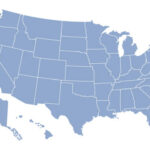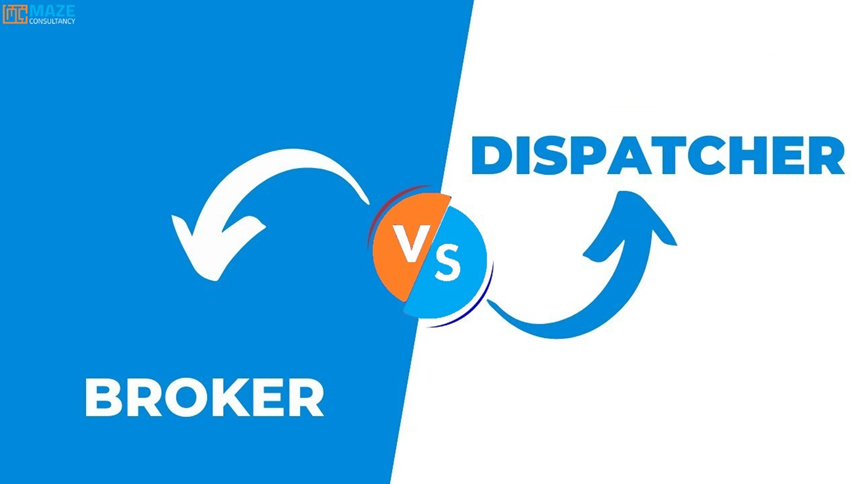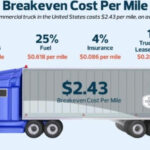Certainly! Here’s a comprehensive explanation of illegal activities and goods in the context of trucking and dispatching, crafted uniquely:
Illegal Activities in Dispatching
- Smuggling of Prohibited Items:
- Controlled Substances: This includes the transportation of illegal drugs such as cocaine, heroin, or methamphetamine. Smugglers often use trucks to hide these substances within legitimate cargo.
- Illegal Weapons: This involves transporting firearms, explosives, or other weapons that are either banned or not properly licensed.
- Document Fraud:
- Forgery: Creating or altering shipping documents, like bills of lading or invoices, to misrepresent the nature or contents of a shipment. This can deceive customs and inspection agencies.
- False Declarations: Providing incorrect information about the goods being transported, such as declaring harmless items while hiding illegal or restricted goods.
- Evasion of Regulatory Compliance:
- Unreported Shipments: Failing to declare goods that are crossing borders, avoiding the necessary tariffs and regulatory checks.
- Violation of Trade Restrictions: Transporting items that are restricted or prohibited under international trade agreements, including embargoed materials.
- Improper Use of Vehicles:
- Using Stolen Vehicles: Employing trucks that have been stolen or are not registered for commercial use, which can complicate legal compliance and safety inspections.
- Tampering with Vehicles: Modifying trucks to evade safety inspections or emissions tests, which can endanger public safety and environmental regulations.
- Corruption and Bribery:
- Bribing Officials: Offering or accepting bribes to facilitate illegal shipments or to bypass regulatory scrutiny.
- Internal Corruption: Employees within trucking or logistics companies being involved in or ignoring illegal activities related to smuggling.
Illegal Goods in Dispatching
- Controlled Substances:
- Drugs: Transporting substances that are illegal under drug control laws. These include narcotics, stimulants, and other drugs that are not permitted for distribution.
- Unlicensed Pharmaceuticals: Moving prescription medications without proper authorization or in quantities exceeding legal limits.
- Contraband:
- Endangered Wildlife: Smuggling animals or parts from species that are protected by conservation laws.
- Counterfeit Goods: Transporting imitation products that are falsely labeled as legitimate brands. This includes fake electronics, clothing, and medications.
- Weapons and Explosives:
- Illegal Firearms: Carrying guns that are not registered or that violate firearm regulations.
- Explosives: Handling or moving explosive materials without proper authorization and safety measures.
- Stolen Goods:
- Theft: Transporting items that have been stolen, including electronics, machinery, or consumer goods.
- Burglary Tools: Carrying tools designed for committing crimes, which might indicate ongoing criminal activity.
- Restricted or Unlicensed Materials:
- Specialized Chemicals: Transporting chemicals that require specific permits or licenses and are restricted due to their hazardous nature.
- Illegal Imports: Bringing goods into the country that are prohibited or require special permissions, such as certain types of plants or animals.
Regulatory Framework and Enforcement
- Federal Oversight:
- Customs Enforcement: Agencies like Customs and Border Protection (CBP) are responsible for regulating and inspecting goods crossing borders, ensuring compliance with import and export laws.
- Drug Enforcement: The Drug Enforcement Administration (DEA) oversees the control and regulation of illegal drugs and substances.
- State Regulations:
- Transport Regulations: State Departments of Transportation (DOT) enforce laws related to vehicle operation and cargo safety.
- State Law Enforcement: Local and state police work in conjunction with federal agencies to enforce laws against smuggling and illegal transport.
- Industry Standards:
- Compliance Programs: Programs such as the Customs-Trade Partnership Against Terrorism (C-TPAT) promote best practices and security measures among businesses involved in global trade.
Preventive Measures and Best Practices
- Accurate Documentation: Ensure all shipping and cargo documents are correct and in compliance with legal requirements. This helps in verifying the legitimacy of shipments and preventing fraud.
- Regular Vehicle Inspections: Conduct thorough inspections of vehicles and cargo to detect and prevent illegal activities.
- Employee Training: Educate staff on recognizing and reporting suspicious behavior and understanding legal requirements related to shipping and transportation.
- Anti-Corruption Policies: Implement strict policies and procedures to prevent and address bribery and corruption within the company.
Summary
In trucking and dispatching, engaging in illegal activities can involve transporting prohibited goods, falsifying documentation, evading regulations, and using vehicles improperly. Addressing these issues requires a combination of accurate documentation, regular inspections, staff training, and strict anti-corruption measures. By implementing these practices, businesses and authorities can work together to prevent and address illegal activities in the logistics and transportation sectors.liant with relevant laws and guidelines.
























